WASHINGTON, DC, USA – President Joe Biden’s decision to pardon his son Hunter has plunged the United States into a new chapter of legal and political controversy, further straining public confidence in the justice system.
The unprecedented move, announced on Sunday, December 1, 2024, evening, comes just weeks before Biden leaves office and Donald Trump is set to assume the presidency for a second term.
Hunter Biden had been convicted on charges relating to tax evasion and gun possession.
While Biden had long vowed not to interfere with the legal process concerning his son, his reversal represents a stark departure from his initial pledge to restore the independence of the Department of Justice (DOJ).
The pardon arrives amid mounting criticism of the justice system and raises profound questions about equality under the law.
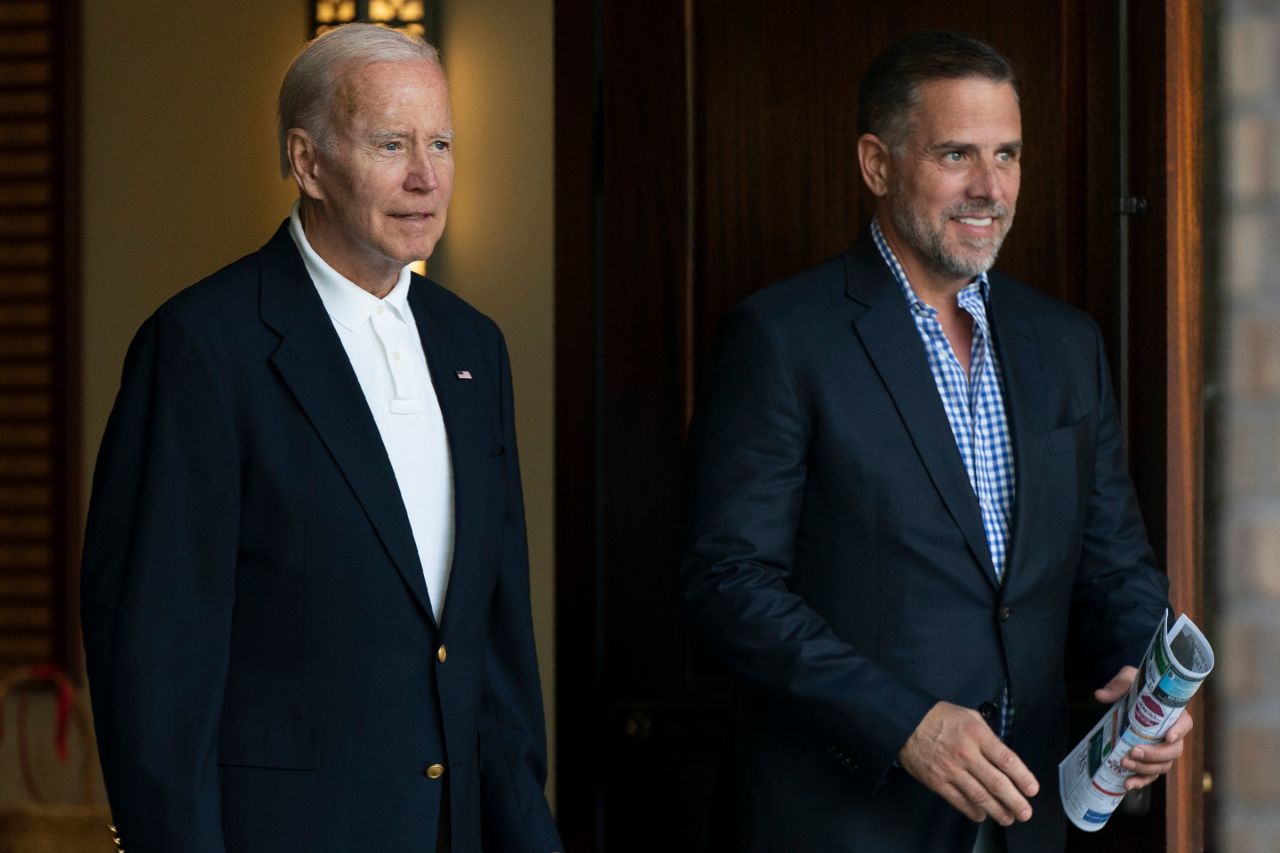
The Pardon and Its Ramifications
President Biden’s action absolves Hunter Biden of all legal charges, including those stemming from his failure to pay $1.4 million in taxes and illegally possessing a firearm while struggling with substance addiction.
The sweeping pardon also retroactively covers any alleged offences from 1 January 2014, a period that includes Hunter’s controversial business dealings in Ukraine and China.
In a statement accompanying the announcement, Biden defended his decision, citing his role as a father deeply concerned about his son’s future.
“No reasonable person who looks at the facts of Hunter’s cases can conclude anything other than he was targeted because of who his father is,” Biden argued.
“In trying to break Hunter, they’ve tried to break me. Enough is enough.”
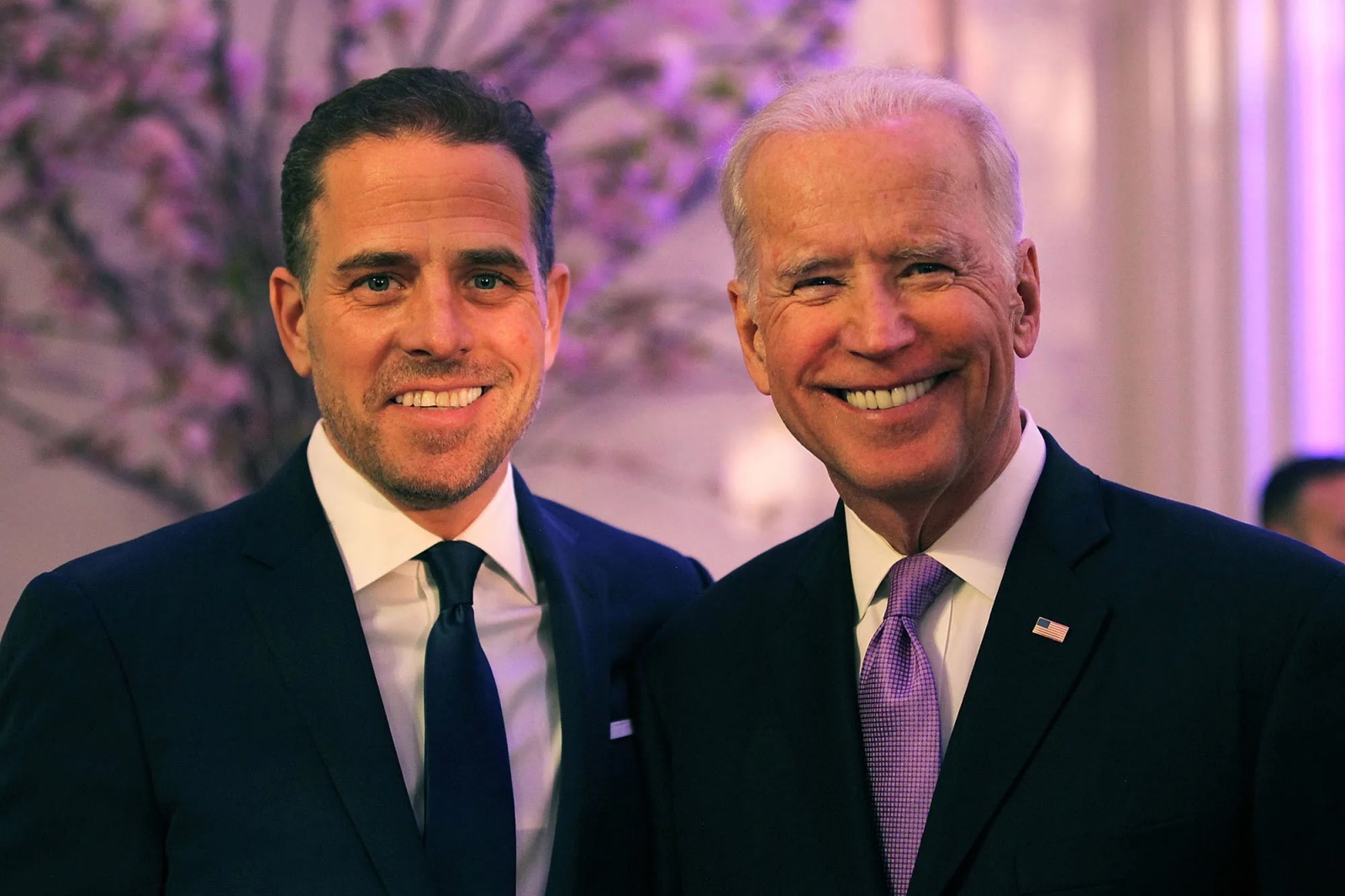
While the pardon spares Hunter from potential imprisonment, it leaves a significant stain on Joe Biden’s legacy.
The outgoing president now faces allegations of hypocrisy, with critics accusing him of politicising the justice system for personal reasons—claims he himself has levelled at his predecessor, Donald Trump.
A Legal and Political Maelstrom
The timing of Biden’s decision intensifies the controversy.
It comes just days after Special Counsel Jack Smith dismissed federal cases against Trump on the grounds that sitting presidents cannot be prosecuted.
This convergence of high-profile legal manoeuvring underscores the increasingly blurred lines between law enforcement and politics in the United States.
Biden’s pardon also fuels Republican narratives that accuse him of undermining the rule of law.
JILL WINE-BANKS, FORMER WATERGATE PROSECUTOR: I’m relieved and thrilled that he did it. This was one of the cases that called out for clemency. Hunter Biden, first of all, would not ever be prosecuted for the gun crime but for his last name. Second of all, he was addicted, and… pic.twitter.com/A4N1PqvoxG
— Acyn (@Acyn) December 2, 2024
Leading Republicans have quickly seized the opportunity to deflect attention from Trump’s legal woes, painting Biden as the true instigator of justice system corruption.
Arkansas Senator Tom Cotton framed Biden’s pardon as evidence of double standards, arguing, “Democrats can spare us the lectures about the rule of law when, say, President Trump nominates Pam Bondi and Kash Patel to clean up this corruption.”
Meanwhile, Trump has capitalised on the situation to bolster his political agenda.
In a pointed post on Truth Social, Trump suggested that Biden’s pardon sets a precedent for future acts of clemency, particularly for January 6 rioters.
“Does the Pardon given by Joe to Hunter include the J-6 Hostages, who have now been imprisoned for years? Such an abuse and miscarriage of Justice!” Trump wrote.
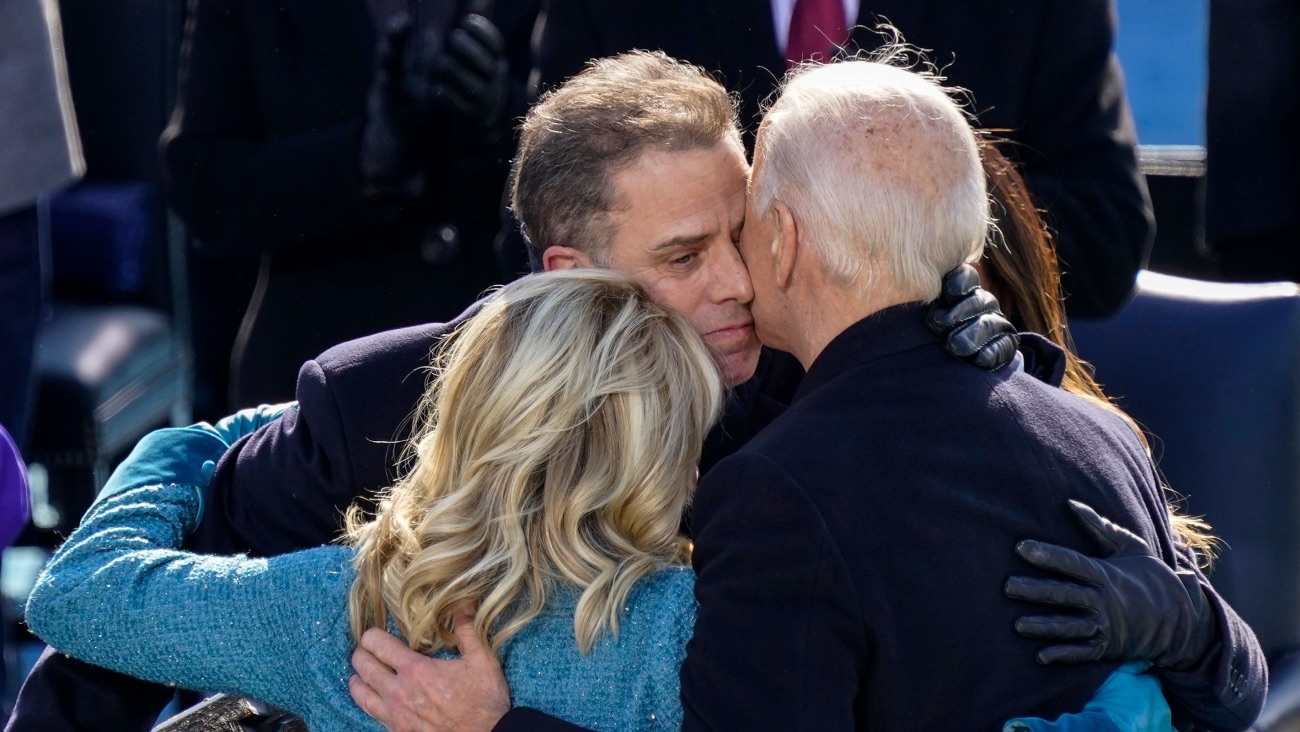
Implications for Hunter Biden and Beyond
Hunter Biden’s legal troubles have been a persistent vulnerability for Joe Biden throughout his presidency.
The younger Biden’s high-profile trial exposed lurid details about his personal life, including extravagant spending on drugs and escorts, which Republicans have used to paint a picture of corruption within the Biden family.
Although GOP-led investigations into allegations of Joe Biden’s involvement in his son’s business dealings failed to produce concrete evidence, the political damage has been considerable.
By extending the pardon to cover offences dating back to Hunter Biden’s tenure on the board of Burisma, a Ukrainian energy company, Joe Biden may have inadvertently reopened scrutiny of his own actions during his time as vice president.
Critics argue that this move could appear as an attempt to shield not only his son but also himself from further inquiry.
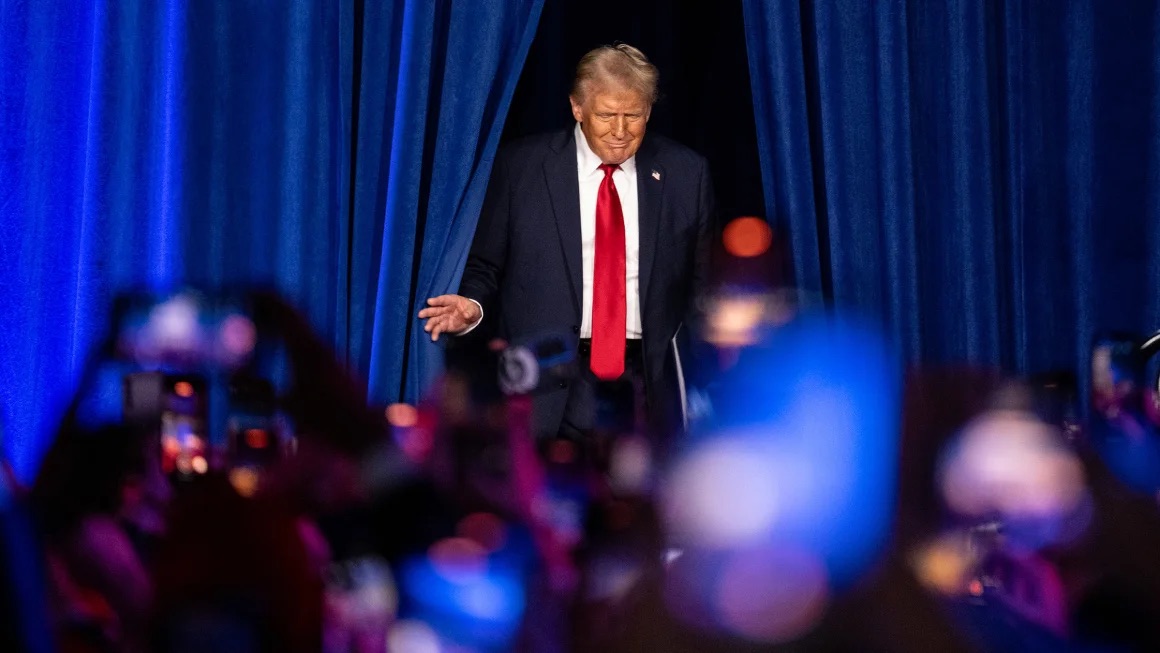
A Test for Trump’s Second Term
The controversy surrounding Biden’s pardon adds fuel to Donald Trump’s promises of reforming the justice system during his second term.
Trump has already indicated plans to use the Department of Justice and FBI to target political opponents, raising fears of retaliatory investigations into figures associated with the Biden administration.
His nomination of Kash Patel, a staunch loyalist, to head the FBI underscores these intentions.
Trump’s allies have argued that Biden’s pardon undermines any moral authority Democrats might claim when criticising Trump’s own use of clemency powers.
Trump’s history of pardoning associates, such as Paul Manafort and Roger Stone, as well as his son-in-law’s father, Charles Kushner, has been a focal point of criticism.
Yet Biden’s decision to pardon his son could allow Trump to counter such critiques with accusations of hypocrisy.
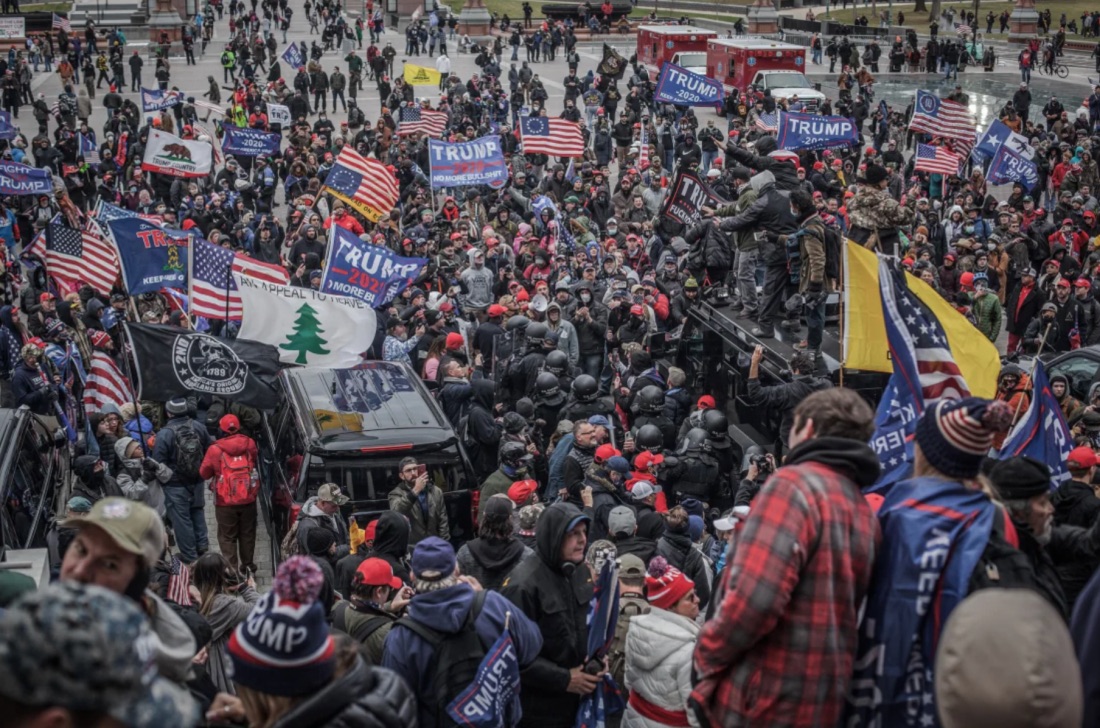
Erosion of Faith in Justice
The Hunter Biden pardon marks a troubling moment for the American justice system, already strained by years of polarised politics.
From James Comey’s reopening of the Hillary Clinton email investigation in 2016 to the Russia investigation and Trump’s legal battles, the DOJ and FBI have been repeatedly embroiled in controversy.
The perception of politicised justice risks deepening public cynicism and further eroding trust in these institutions.
Biden’s defenders argue that he acted out of personal compassion, not political expediency, and that his son’s treatment by prosecutors has been unduly harsh.
Yet critics maintain that the pardon undermines the very principles of accountability and equality under the law that Biden pledged to uphold.
As Trump prepares to re-enter the White House, the United States stands at a crossroads.
The Hunter Biden pardon will undoubtedly remain a flashpoint in the ongoing debate over justice, fairness, and the limits of presidential power.
Whether this moment leads to meaningful reform or further division remains to be seen.







